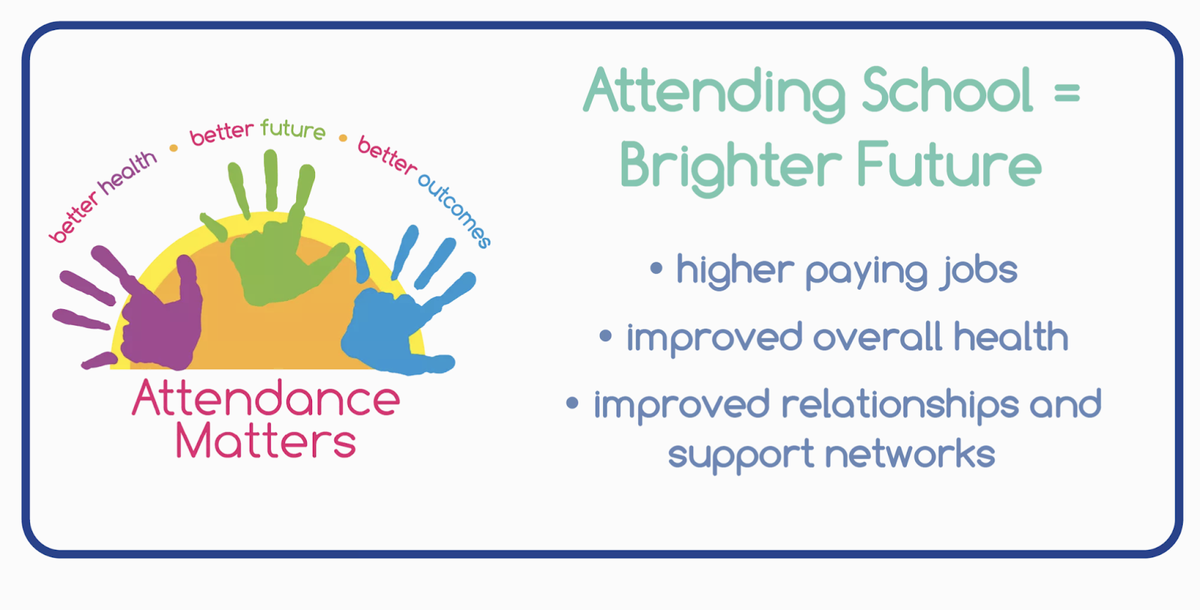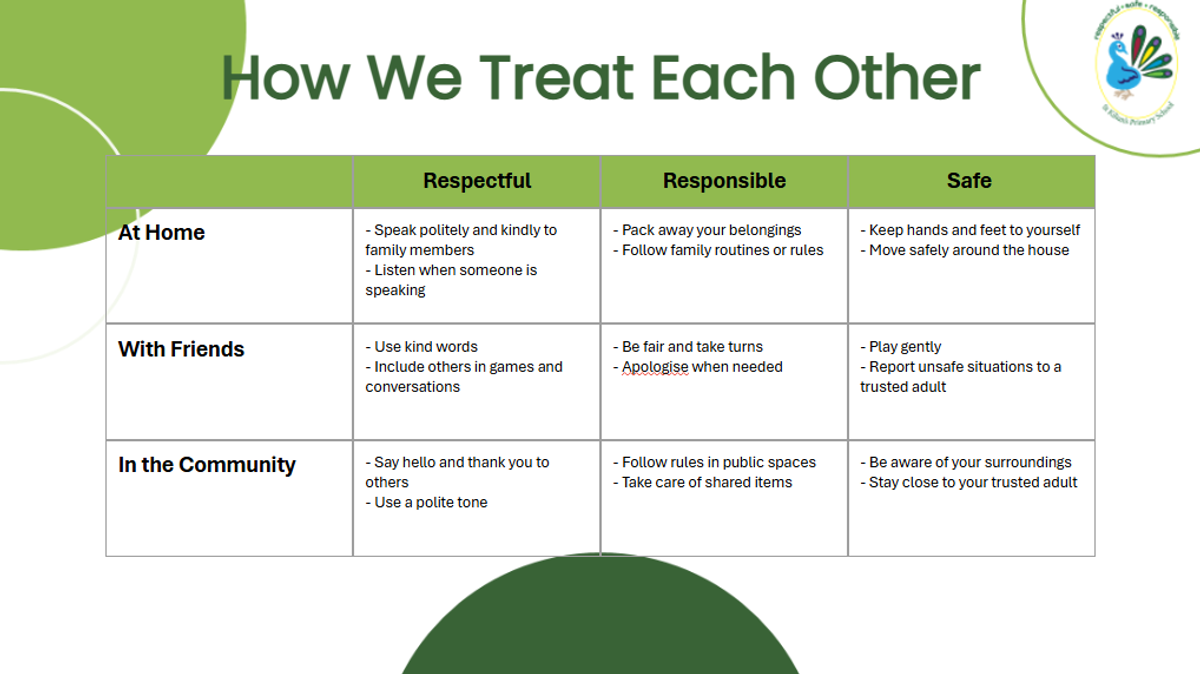Pastoral Wellbeing

Attendance
We’re now three weeks into Term 2, and it’s been great to see so many students settling into strong routines and making school a priority.
Whole School Snapshot
- Week 1 Attendance: 95.67%
- Week 2 Attendance: 91.46%
- Week 3 Attendance: 91.39%
- After a small drop in Week 2—possibly due to illness or other early-term challenges—we’re seeing a steady return to regular attendance.
Celebrating Consistency
- 172 students have attended every single day this term so far—what a fantastic achievement!
- Even more encouraging is that the number of students attending 90–98% of the time is increasing each week, showing a strong shift toward more consistent attendance.
Week 3 Highlights
- Some classes have shown outstanding improvement:
- 4GF made an incredible jump from 83% to almost 93% attendance.
- 5EM bounced back with an impressive 97% attendance rate.
- 6SH showed great improvement, lifting their attendance by over 7%.
- 3JS continues to lead the way with consistently high attendance across all three weeks.
Why It Matters
- Every day of school counts. When children attend regularly, they have the best chance to learn, grow, and feel part of the school community. Thank you for everything you do to get your child to school on time and ready to learn—we truly value your partnership.
How You Can Help
- Establish routines What does it look like?
- Having a consistent bedtime (e.g. 7:30–8:00pm for primary-aged children)
- Packing bags, laying out uniforms, and preparing lunches the night before
- Waking up at the same time each school day with a calm morning routine
- Schedule appointments outside school hours What does it look like?
- Booking GP, dentist, and specialist appointments after 3:30pm or during school holidays
- Letting the school know early if an unavoidable appointment will cause a late arrival or early pickup
- Avoiding holidays during term time wherever possible
- Talk positively about school What does it look like?
- Asking your child what they enjoyed about their day
- Showing interest in their learning or friendships
- Speaking about school routines, teachers, and learning with encouragement and optimism
- Reach out if your child is struggling What does it look like?
- Emailing or calling your child’s teacher to discuss concerns early
- Letting us know if your child is anxious, unsettled, or reluctant to come to school
- Working with the school to develop a plan or supports if needed
Let’s keep working together to ensure every child is at school, on time, and ready to learn! Your classroom teachers and support staff will be able to give you some great advice if you’re seeking some!
If your family is finding it difficult to get to school regularly, please know that we are here to help. You’re encouraged to speak with your child’s classroom teacher or reach out to our Wellbeing Team – Mrs. Antonowicz, Mrs. McSweeney or Mr. Podosky – for support.
We can assist in a variety of ways, including:
- Creating a positive morning routine to reduce stress before school
- Helping your child feel safe and connected at school
- Offering support for separation anxiety or school-based worries
- Adjusting your child’s transition into the classroom
- Working with families to make a plan that suits your situation
Please don’t hesitate to reach out – we’re here to work with you and your child every step of the way.
If you know that your child won’t be attending school, please contact the office and let them know that your child will be away!
PBIS
PBIS Focus This Week: How We Treat Each Other
This week, our Positive Behaviour Blitz at school is all about “How We Treat Each Other.” Students are learning the importance of being respectful, responsible, and safe in how they speak, act, and relate to those around them.
We’re reminding students that kindness, fairness, and honesty help create a school where everyone feels safe and valued.
How Families Can Support at Home
You can help reinforce these important messages at home by:
- Encouraging kind and polite language (e.g., “please,” “thank you,” “sorry”)
- Talking about how we can listen to others with our whole body
- Discussing how to be honest and take responsibility for actions
- Praising respectful and safe behaviour in the home and community
When families and schools work together, we build consistent habits that help children thrive socially and emotionally.
As part of our school-wide PBIS (Positive Behaviour Interventions and Supports) focus, we’re helping students learn and practise what it means to be respectful, responsible, and safe in all areas of their lives—not just at school, but also at home and in the community. To support this, we’ve created a simple matrix that families can use to talk about and encourage these behaviours in everyday life. Working together, we can help children build strong, positive habits that last a lifetime.


